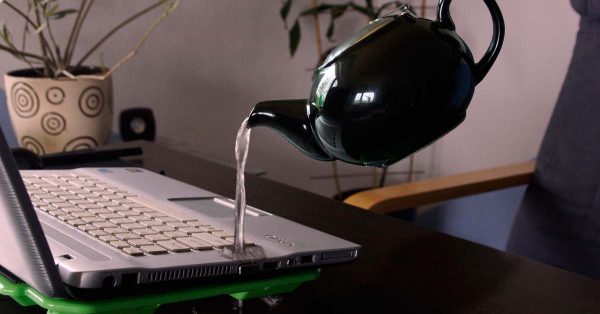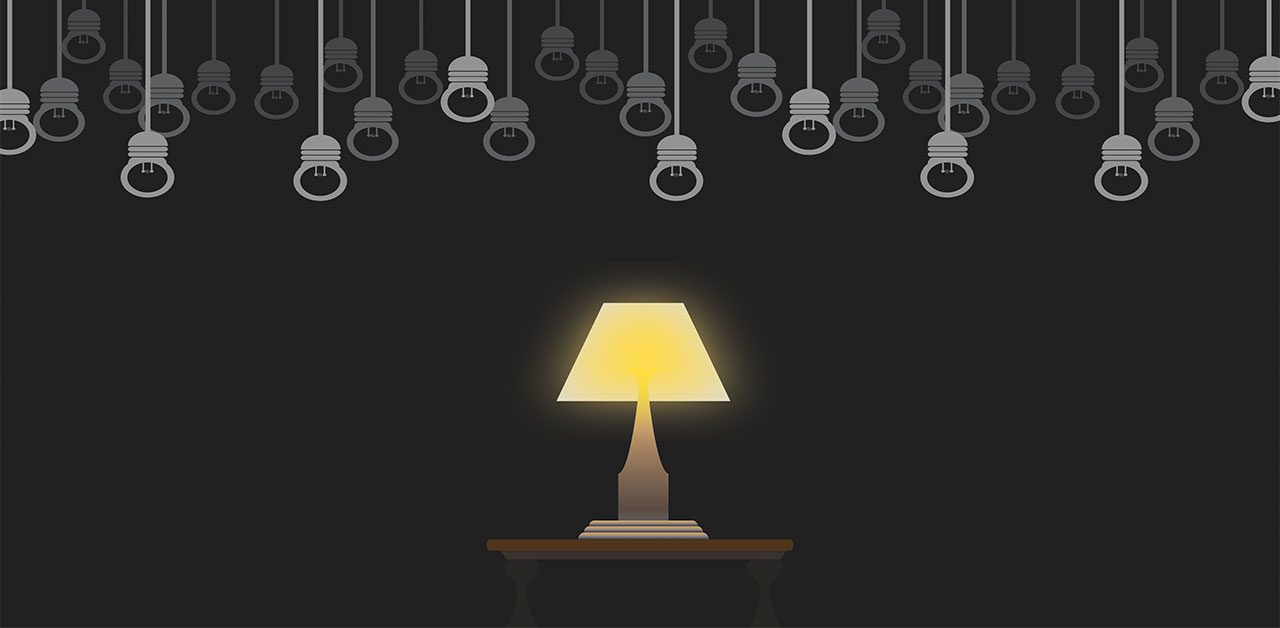Share
Read also
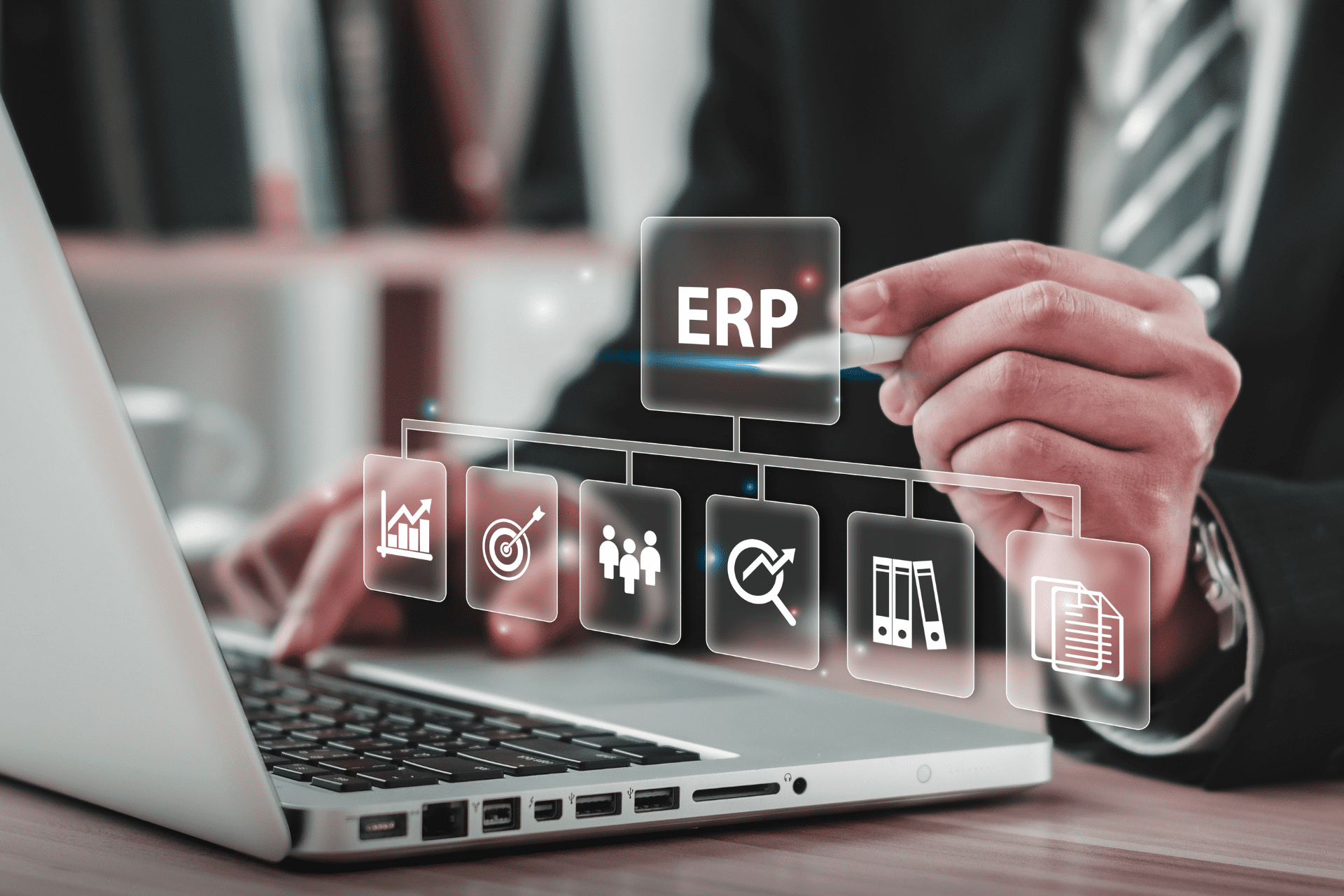
Business Software
ERP Trends for the New Year
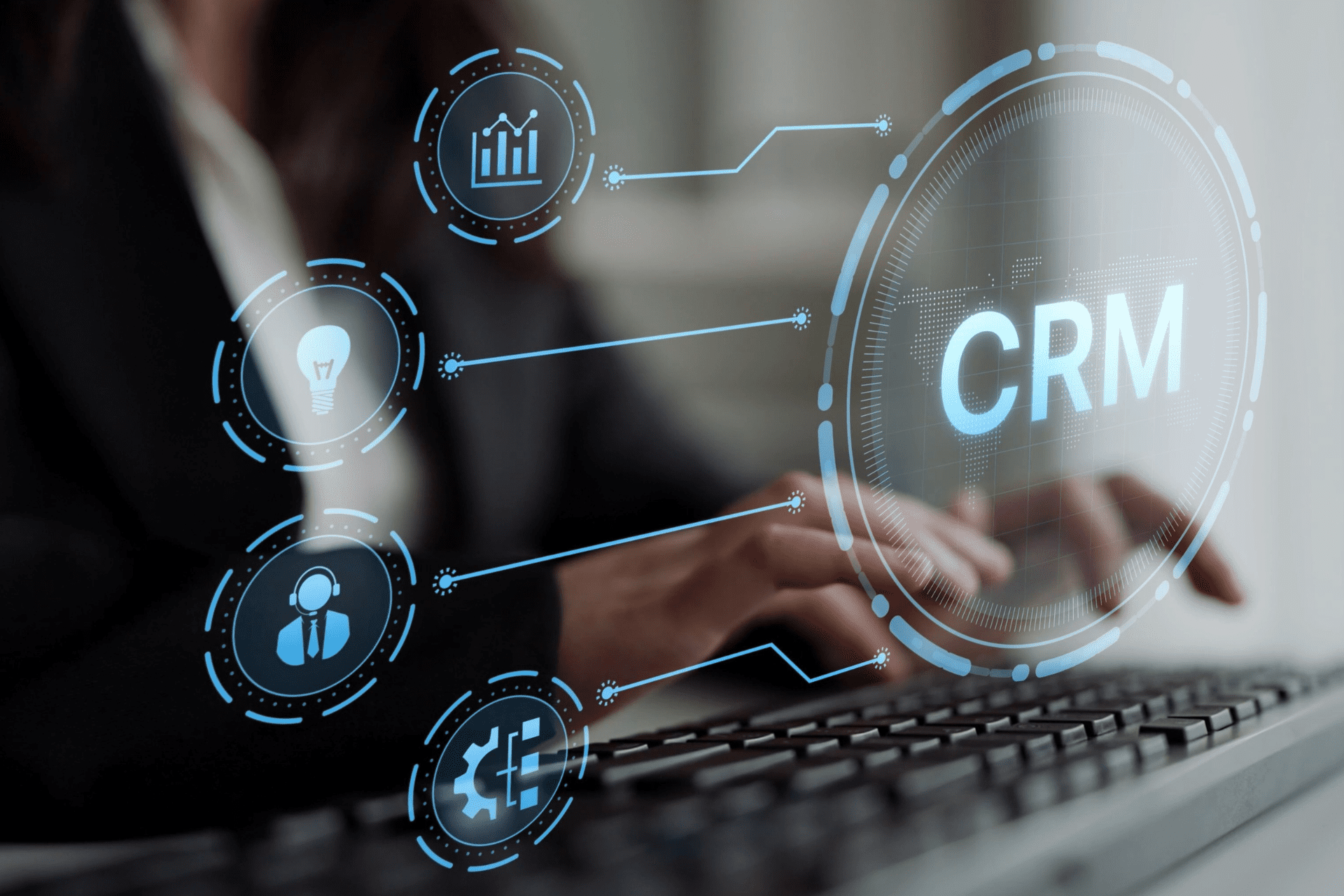
Business Software
The New CRM Trends for 2026
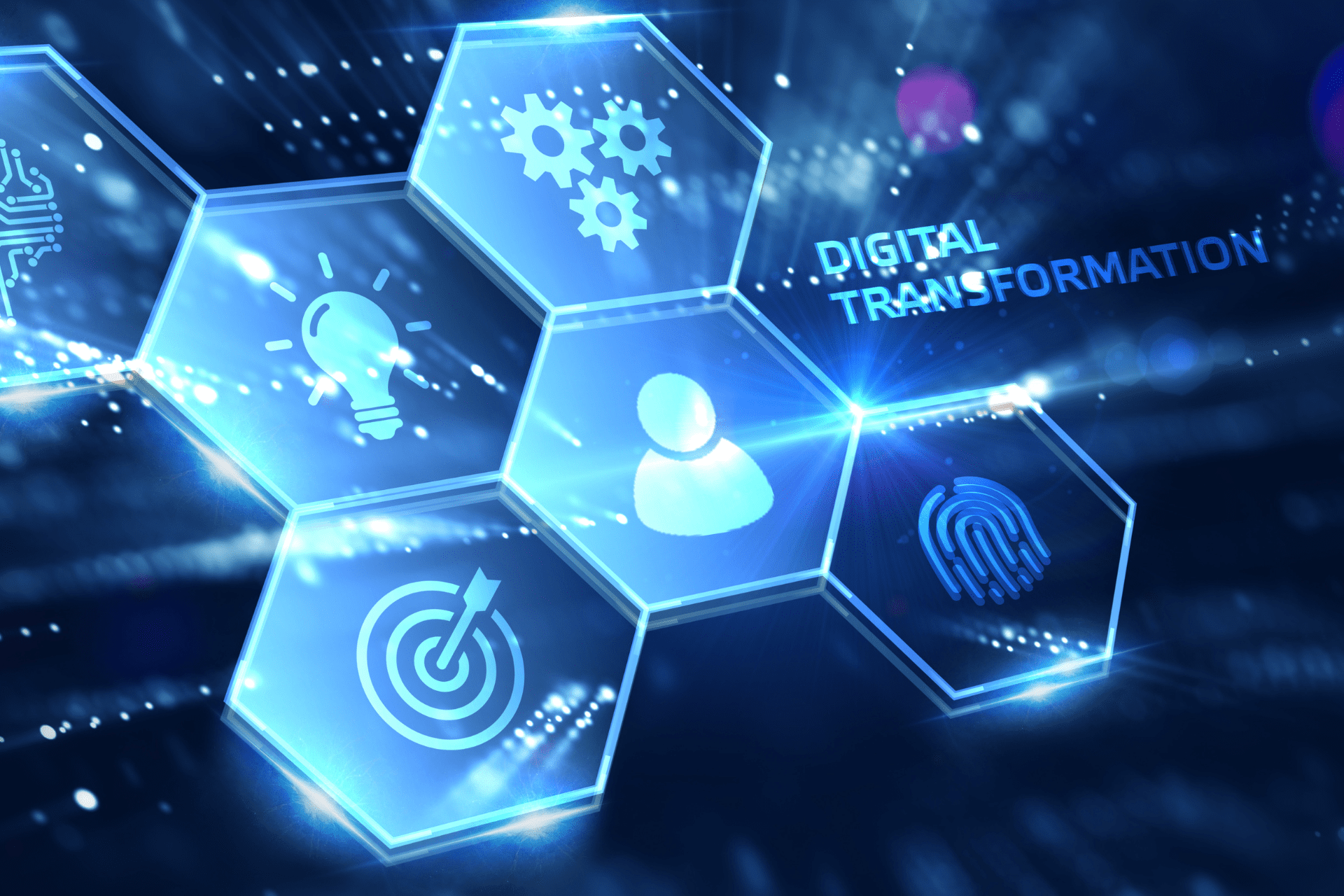
Trends & Views
Digital Transformation Trends for 2026

Cloud
Explosive Growth in the Cloud ERP Market
In the course of time, even the most innovative ideas start losing their “glamour” and sometimes even end up bringing the opposite results than expected. The same obviously applies to technology, which quickly becomes obsolete. Therefore, it is not uncommon for the organizational needs of a business to change rapidly, and a legacy ERP system used to meet these needs a decade ago, is now more of an obstacle. Read on to discover why an old ERP solution may require upgrading.
Given that one of the principal comparative advantages of ERP solutions is safety, CIOs must know that cybercrime has drastically changed over the past few years. This means that businesses must be able to identify the risks of using an outdated platform, as well as those of delayed updates, incompliance and inadequate reporting skills. There is only one solution: find the vendor that will tirelessly protect both you and your data.
Many businesses feel “trapped” in a legacy ERP solution because of the high initial cost and the costly and restrictive customization. Therefore, the so-wanted change may seem as an impossible mission to such businesses, but they should know that cloud-based solutions will offer them lower maintenance cost, while at the same time enable them to meet the needs of mobile and remotely-working employees.
If your employees have not fully adopted your current ERP system, most probably due to a poor user experience, then this is another sign that your systems needs to be upgraded. The quality of user experience is directly related to the results in many areas. Similarly, if your ERP system cannot effectively work with other important systems you’re using, such as accounting software or business intelligence tools, your business operations will inevitably become time-consuming. In such as case, you may have to deal with duplicate entries or unreliable communication between different technologies. If your workflows appear to be faulty or your IT department is at constant “war” over process integration issues, then the time has come to get rid of your legacy systems.
Another practical reason could be the mere fact that your organization has grown and the notion of “business” has developed. The existing ERP solution may have been ideal for your business’ former size, but it can no longer meet your demands. After all, an ERP solution that cannot adjust to your current or future development requirements will eventually become a hinder.
Finally, at some point you’ll get notified that your system has reached its end of life (EOL). Your vendor will no longer be able to provide support and updates, and obviously your ERP will be vulnerable to attacks. Since it is inconceivable to tolerate the consequences of data breaches or constant system downtime, you’ll be forced to upgrade, as this would be the only viable option. Besides, modern technology enables you to deploy an ERP solution easily, smoothly and quickly, while cloud-based solutions will revolutionize your business.
